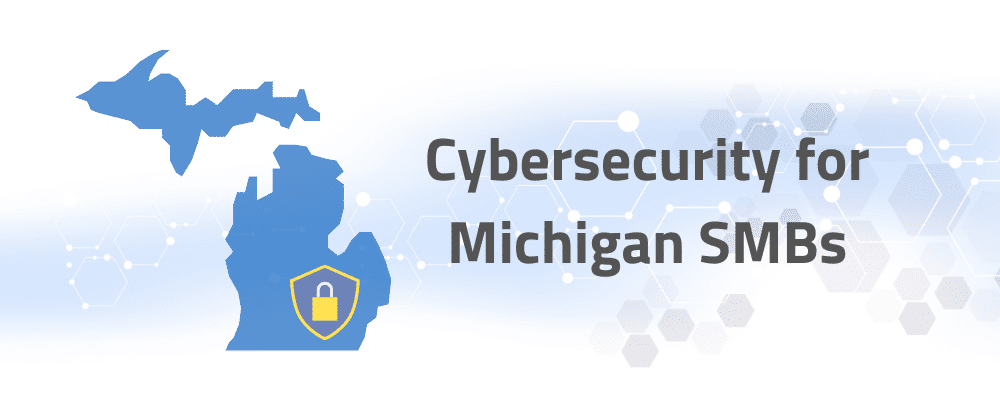Small and medium-sized businesses (SMBs) face a growing threat from cyber criminals. The digital age has made it easier for businesses to connect with customers or employees and expand their reach, but it has also created new vulnerabilities. Michigan SMBs must prioritize cybersecurity to protect themselves, their customers, and their data.
Michigan is home to over 840,000 small businesses, which account for over 99% of all businesses in the state. These businesses play a crucial role in the state’s economy, but they are also prime targets for cyber attacks. A study by the Ponemon Institute found that 60% of SMBs that suffer a cyber attack go out of business within six months. This can have a devastating impact on the state’s economy and the communities that depend on these businesses.
One reason why SMBs in Michigan are vulnerable to cyber attacks is because they often lack the resources to invest in cybersecurity. Many SMBs do not have an IT department or a dedicated cybersecurity team, leaving them vulnerable to cyber threats. This is why it is essential for small businesses to partner with a trusted Managed Service Provider (MSP) that specializes in cybersecurity that can help them protect their assets.
Another reason why cybersecurity is important for SMBs in Michigan is because of the sensitive data they handle. SMBs may collect personal and financial information from customers, and this data must be protected from cyber criminals. A data breach can result in legal liabilities, loss of customer trust, and financial losses. Organizations must ensure that their data is encrypted and that they have the proper access controls in place.
Michigan has seen an increase in cyber attacks in recent years. According to the Michigan State Police, cyber crimes increased by 47% in 2020, with many of these attacks targeting small businesses. These attacks can come in many forms, including phishing emails, ransomware, and social engineering. SMBs must be vigilant and educate their employees on how to spot and report potential cyber threats.
SMBs must comply with state and federal regulations regarding cybersecurity. The State of Michigan has enacted laws that require businesses to implement reasonable data security measures to protect personal information. Failure to comply with these laws can result in fines and legal liabilities.
In today’s technology-forward world, SMBs must prioritize cybersecurity to protect their assets, data, and customers. Partnering with a trusted MSP, implementing access controls and encryption, educating employees, and complying with regulations can help mitigate the risks of cyber attacks. By investing in cybersecurity, SMBs can protect their businesses and contribute to the state’s economic growth.


